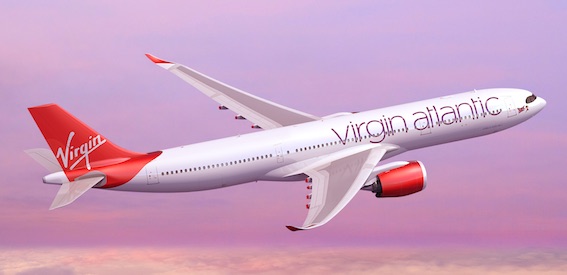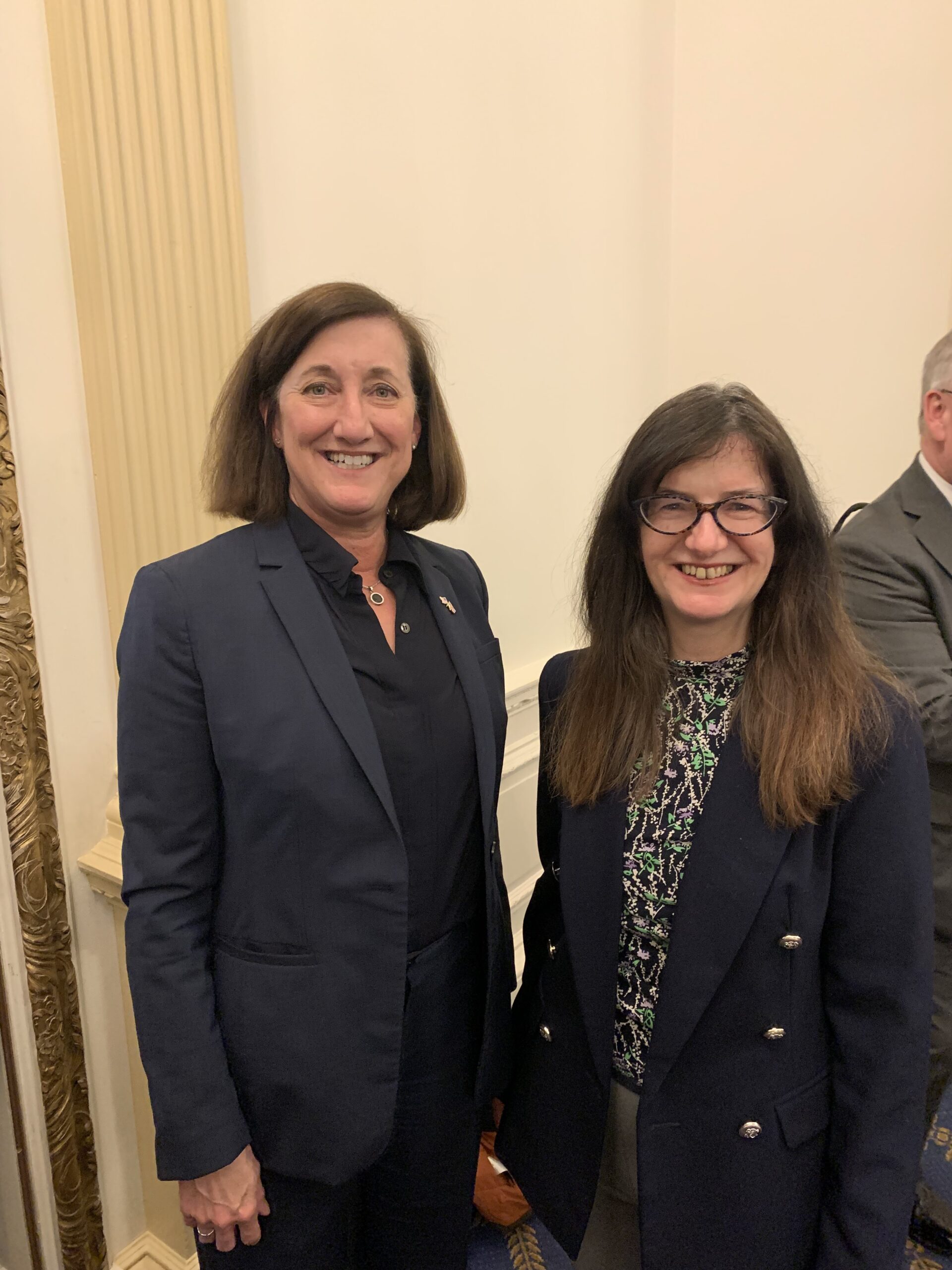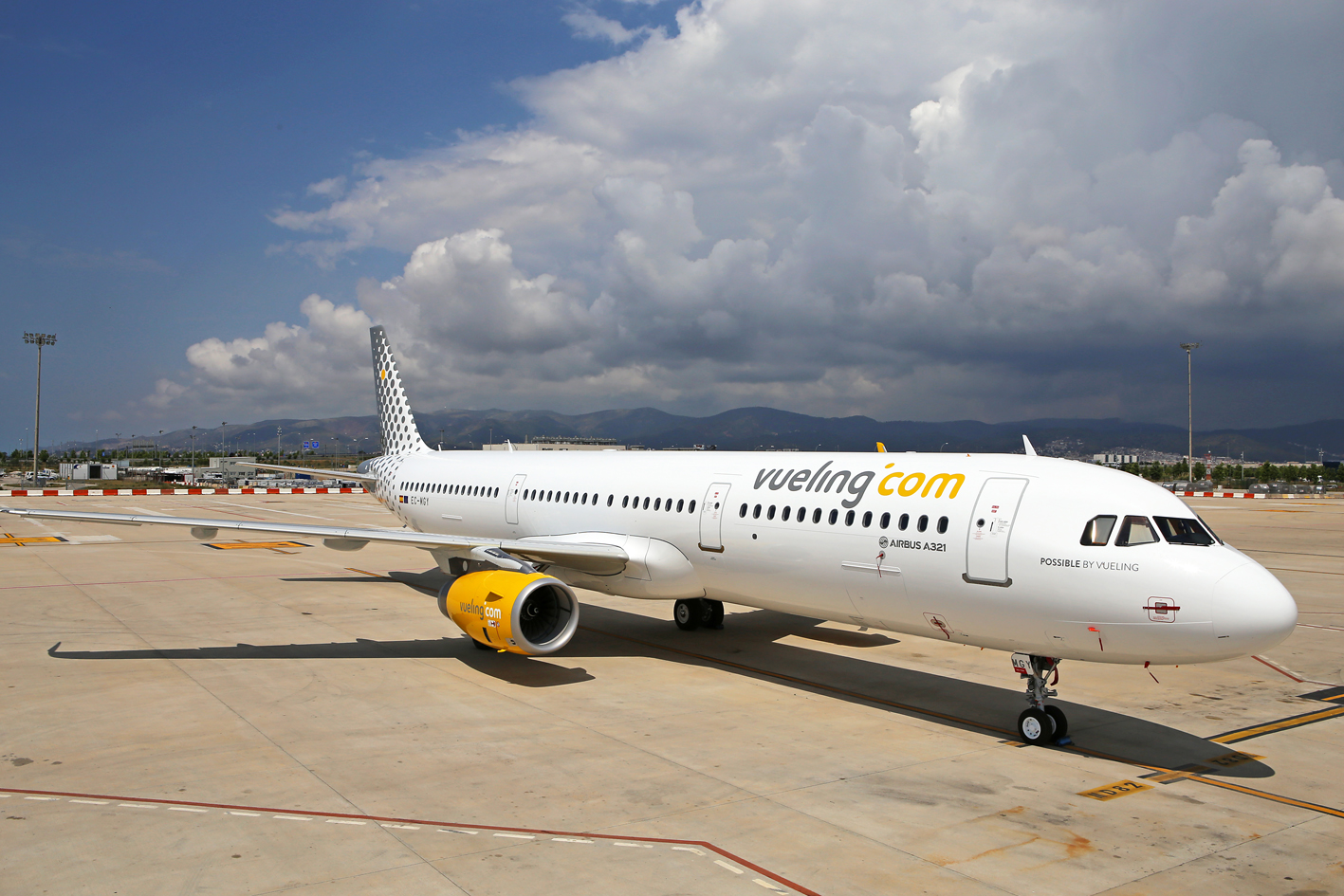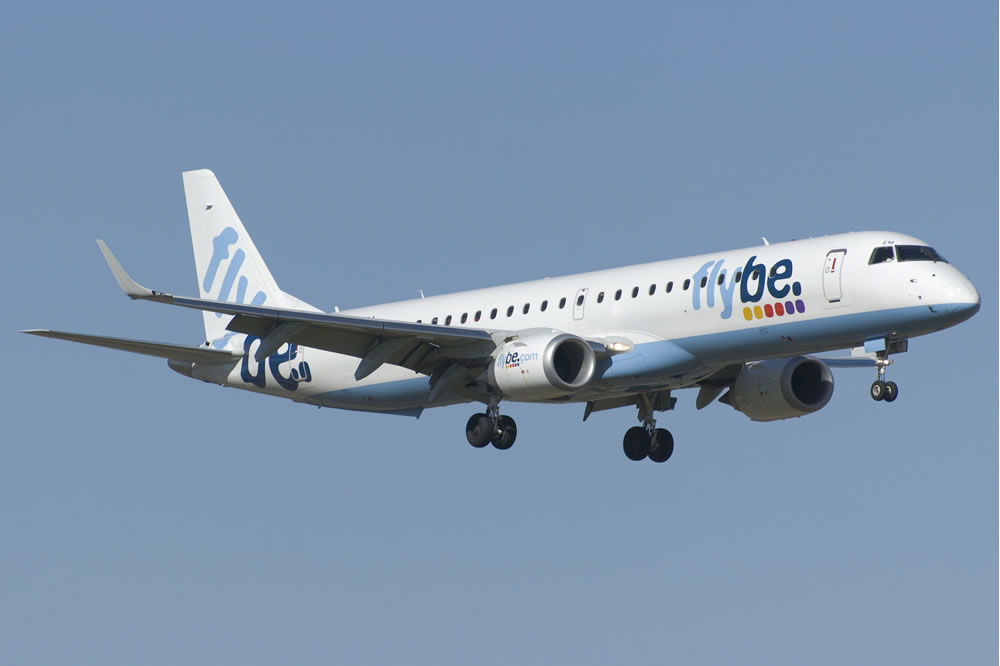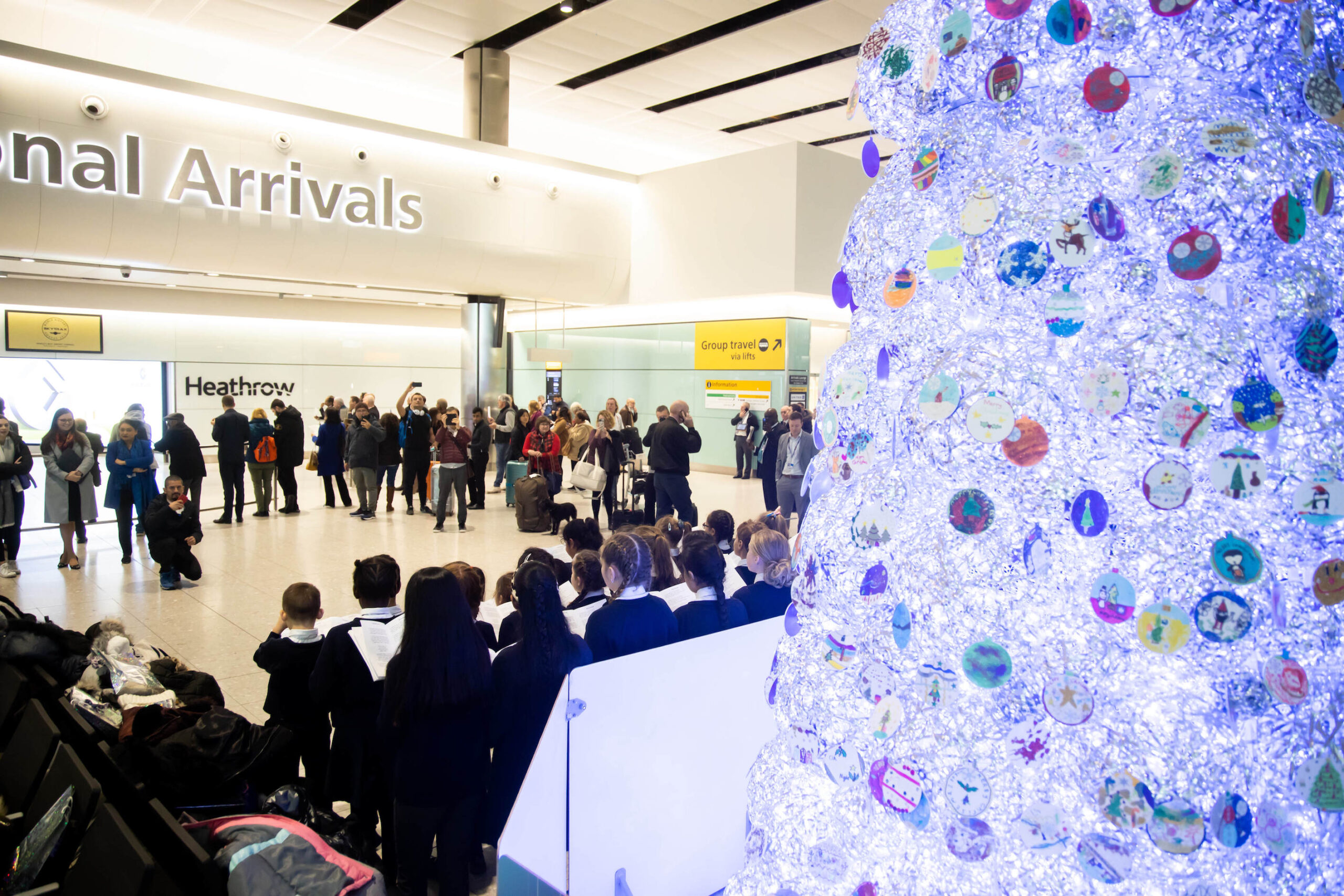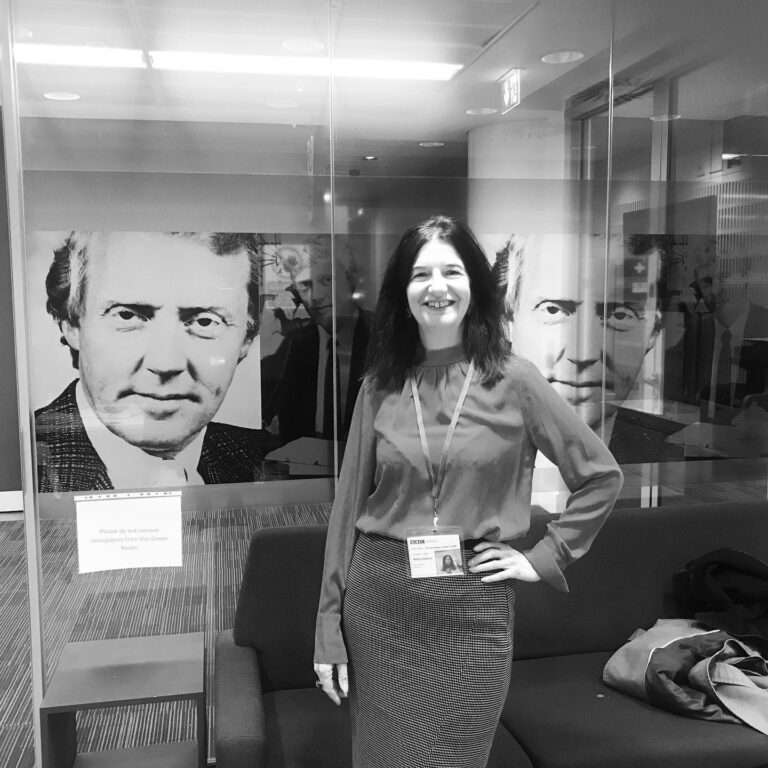First published July 14 2020

The beleaguered UK-based long haul airline, Virgin Atlantic, has worked out a survival plan for post COVID recovery.
The five year restructuring plan will deliver around £1.2bn over the next 18 months including cost savings of around £280m per year and around £880m rephasing and financing of aircraft deliveries.
Flights will resume from 20 July using a streamlined fleet of 37 twin engine aircraft following the retirement of seven B 747s and four A330-200s by first quarter 2022, with rescheduled delivery of outstanding A350s and A330-900neos.
In May it announced planned reduction of 3,150 jobs in consultation with unions BALPA and Unite, and a company-wide consultation period of 45 days.
The Restructuring Plan will go through a court-sanctioned process under Part 26A of the Companies Act 2006. With support already secured from the majority of stakeholders, it’s expected that the Restructuring Plan and recapitalisation will come into effect late Summer 2020

Virgin has also said earlier this summer that it will move its flying programme from London Gatwick to London Heathrow, but retain its slot portfolio at Gatwick in case demand improves. It will no longer use all of its seven 747-400s, with four A330-200 aircraft retiring in early 2022 as planned. It will fly only wide-body, twin-engine aircraft from London Heathrow and Manchester to the most popular destinations.
It will consolidate its brand. Virgin Holidays will become Virgin Atlantic Holidays, simplifying the brands for customers.
Virgin Atlantic Holidays will continue to focus on its partnership with Next and digital distribution, with 15% of the Virgin Atlantic Holidays retail estate closing in 2020.
Virgin Atlantic CEO Shai Weiss said, ‘We have taken painful measures, but we have accomplished what many thought impossible. The solvent recapitalisation of Virgin Atlantic will ensure that we can continue to provide vital connectivity and competition to consumers and businesses in Britain and beyond.
‘We greatly appreciate the support of our shareholders, creditors and new private investors and together, we will ensure that Virgin Atlantic can emerge a sustainably profitable airline, with a healthy balance sheet.’
‘Once our plan is approved, we will continue to focus on providing our customers with the service they have come to expect. Despite the incredible efforts of our teams, through cancelled flights and delayed refunds we have not lived up to the high standards we set ourselves, but we will do everything in our power to earn back their trust.’
Virgin Atlantic has had a turbulent time pre-COVID. Subsidiary airline FlyBe folded prior to the pandemic, leaving the airline without a feeder network for its global long haul ambitions. Originally the plan was for Flybe to rebrand as Virgin Connect feeding regional traffic through Heathrow to its longhaul international network.
Then the airline found itself without enough cash reserves to withstand the worst of the lockdown. Attempts to secure state aid failed leaving the airline with no recourse but to negotiate with the private sector. During this time it took the decision to scale back its resources, both human and material.
Weiss said, ‘Few could have predicted the scale of the Covid-19 crisis we have witnessed and undoubtedly, the last six months have been the toughest we have faced in our 36-year history. We have taken painful measures, but we have accomplished what many thought impossible.’
The beleaguered UK-based long haul airline, Virgin Atlantic, has worked out a survival plan for post COVID recovery.
The five year restructuring plan will deliver around £1.2bn over the next 18 months including cost savings of around £280m per year and around £880m rephasing and financing of aircraft deliveries.
Flights will resume from 20 July using a streamlined fleet of 37 twin engine aircraft following the retirement of seven B 747s and four A330-200s by first quarter 2022, with rescheduled delivery of outstanding A350s and A330-900neos.
In May it announced planned reduction of 3,150 jobs in consultation with unions BALPA and Unite, and a company-wide consultation period of 45 days.
The Restructuring Plan will go through a court-sanctioned process under Part 26A of the Companies Act 2006. With support already secured from the majority of stakeholders, it’s expected that the Restructuring Plan and recapitalisation will come into effect late Summer 2020

Virgin has also said earlier this summer that it will move its flying programme from London Gatwick to London Heathrow, but retain its slot portfolio at Gatwick in case demand improves. It will no longer use all of its seven 747-400s, with four A330-200 aircraft retiring in early 2022 as planned. It will fly only wide-body, twin-engine aircraft from London Heathrow and Manchester to the most popular destinations.
It will consolidate its brand. Virgin Holidays will become Virgin Atlantic Holidays, simplifying the brands for customers.
Virgin Atlantic Holidays will continue to focus on its partnership with Next and digital distribution, with 15% of the Virgin Atlantic Holidays retail estate closing in 2020.
Virgin Atlantic CEO Shai Weiss said, ‘We have taken painful measures, but we have accomplished what many thought impossible. The solvent recapitalisation of Virgin Atlantic will ensure that we can continue to provide vital connectivity and competition to consumers and businesses in Britain and beyond.
‘We greatly appreciate the support of our shareholders, creditors and new private investors and together, we will ensure that Virgin Atlantic can emerge a sustainably profitable airline, with a healthy balance sheet.’
‘Once our plan is approved, we will continue to focus on providing our customers with the service they have come to expect. Despite the incredible efforts of our teams, through cancelled flights and delayed refunds we have not lived up to the high standards we set ourselves, but we will do everything in our power to earn back their trust.’
Virgin Atlantic has had a turbulent time pre-COVID. Subsidiary airline FlyBe folded prior to the pandemic, leaving the airline without a feeder network for its global long haul ambitions. Originally the plan was for Flybe to rebrand as Virgin Connect feeding regional traffic through Heathrow to its longhaul international network.
Then the airline found itself without enough cash reserves to withstand the worst of the lockdown. Attempts to secure state aid failed leaving the airline with no recourse but to negotiate with the private sector. During this time it took the decision to scale back its resources, both human and material.
Weiss said, ‘Few could have predicted the scale of the Covid-19 crisis we have witnessed and undoubtedly, the last six months have been the toughest we have faced in our 36-year history. We have taken painful measures, but we have accomplished what many thought impossible.’
